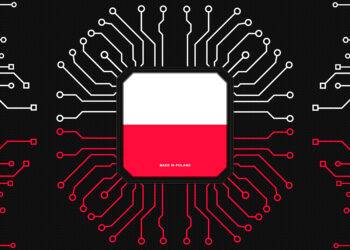Poland has been a cradle of creativity and innovation, giving the world some of its most renowned inventors and thinkers. From the groundbreaking scientific theories of Nicolaus Copernicus to the pioneering research of Marie Curie, Polish inventors have made contributions that have fundamentally altered the course of human history. This article explores the lives and legacies of these remarkable individuals and their enduring impact on the world.3
Nicolaus Copernicus (1473-1543)
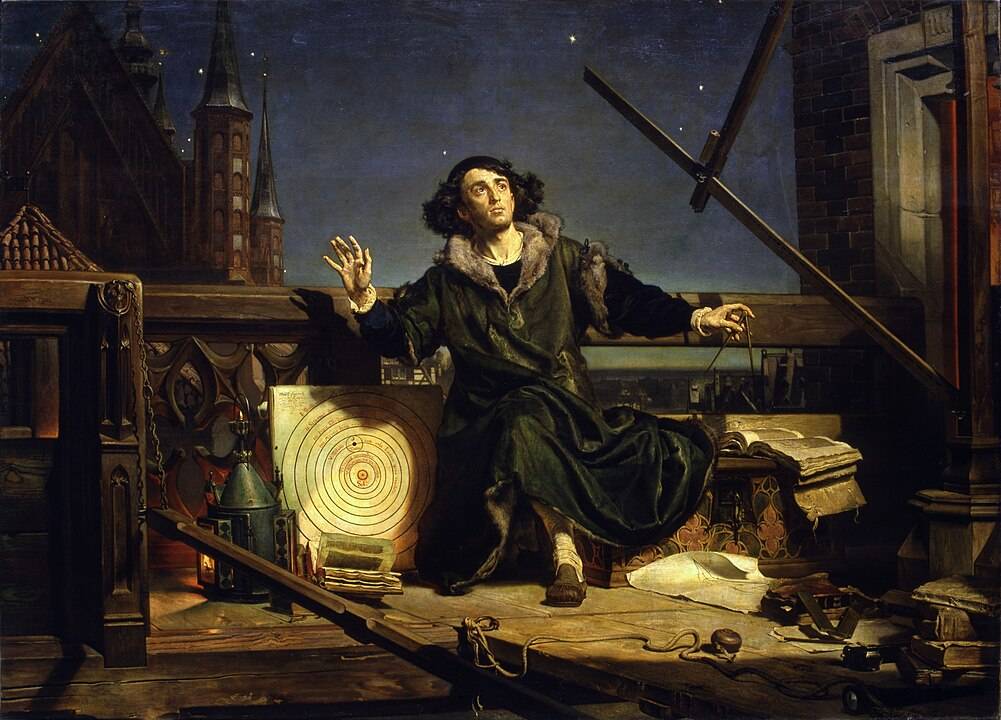
Nicolaus Copernicus, a Renaissance mathematician and astronomer, revolutionized our understanding of the universe with his heliocentric theory. Before Copernicus, the prevailing belief was the geocentric model, which placed the Earth at the center of the universe. Copernicus challenged this notion, proposing instead that the Sun was at the center and that the Earth and other planets orbited around it. His seminal work, “De revolutionibus orbium coelestium” (On the Revolutions of the Celestial Spheres), published just before his death in 1543, laid the groundwork for modern astronomy. Copernicus’s theory was controversial at the time but eventually led to a paradigm shift in how we perceive our place in the universe.
Marie Curie (1867-1934)
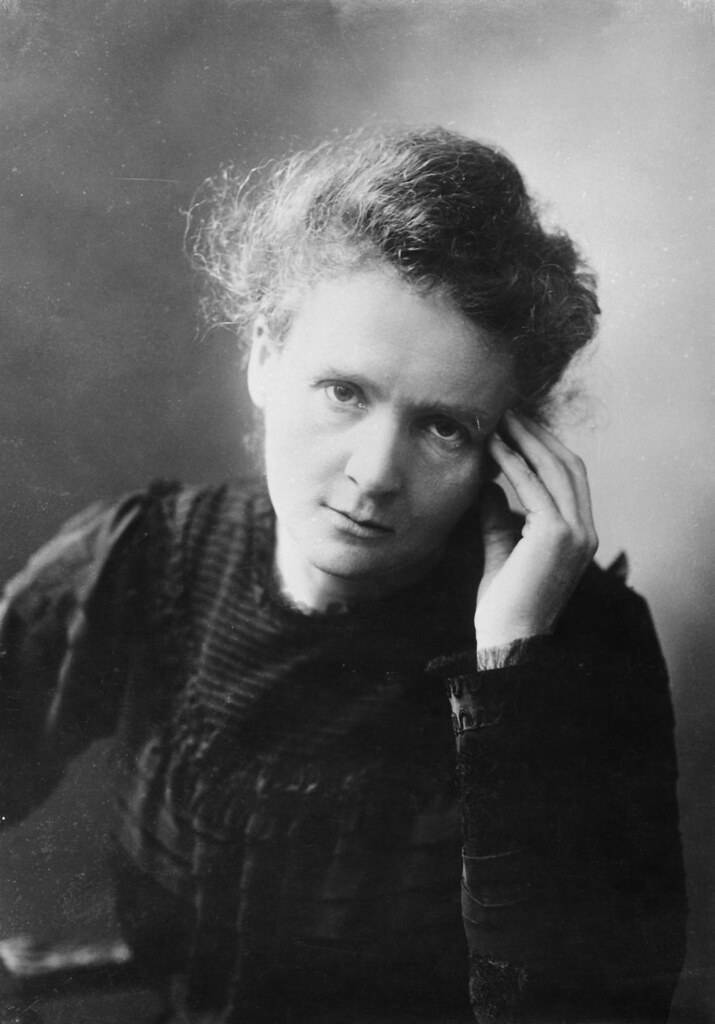
Marie Skłodowska Curie was a physicist and chemist who conducted pioneering research on radioactivity, a term she coined. Born in Warsaw, Poland, Curie moved to France to pursue her higher education and scientific career. She was the first woman to win a Nobel Prize, the only woman to win in two different fields (Physics in 1903 and Chemistry in 1911), and the only person to win Nobel Prizes in two different scientific fields. Her discoveries of the elements polonium and radium, along with her research into the treatment of tumors with radioactive isotopes, have had a lasting impact on science and medicine. Curie’s work laid the foundation for the development of X-ray machines, cancer treatments, and nuclear energy.
Ignacy Łukasiewicz (1822-1882)
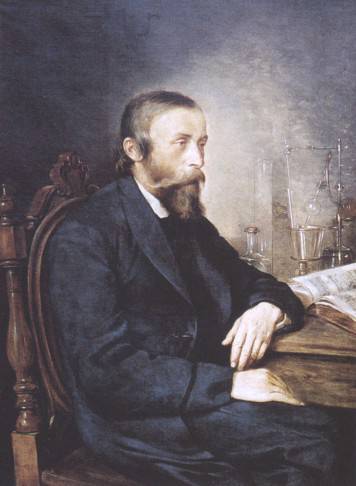
Ignacy Łukasiewicz was a Polish pharmacist and inventor who played a pivotal role in the development of the petroleum industry. In 1853, he invented the modern kerosene lamp, which provided a cheaper and safer alternative to whale oil lamps and candles. This invention not only revolutionized home lighting but also marked the beginning of the global petroleum industry. Łukasiewicz’s work in refining crude oil into kerosene paved the way for the development of the modern oil industry, including the drilling of the first oil well and the establishment of the first oil refinery.
Stefan Banach (1892-1945)
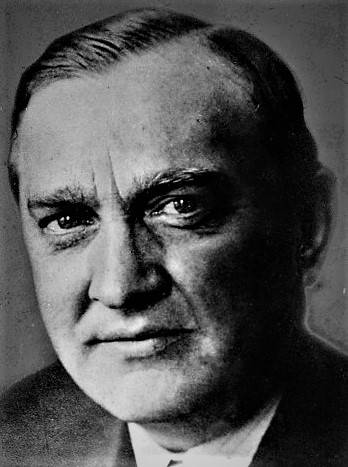
Stefan Banach, one of the 20th century’s most influential mathematicians, made significant contributions to the field of functional analysis. His work on linear operations and the theory of topological vector spaces has had a profound impact on modern mathematics, influencing various areas such as quantum mechanics, economics, and engineering. The Banach-Tarski Paradox, Banach spaces, and Banach algebras are foundational concepts in mathematics that bear his name, highlighting his lasting legacy in the field.
Rudolf Weigl (1883-1957)
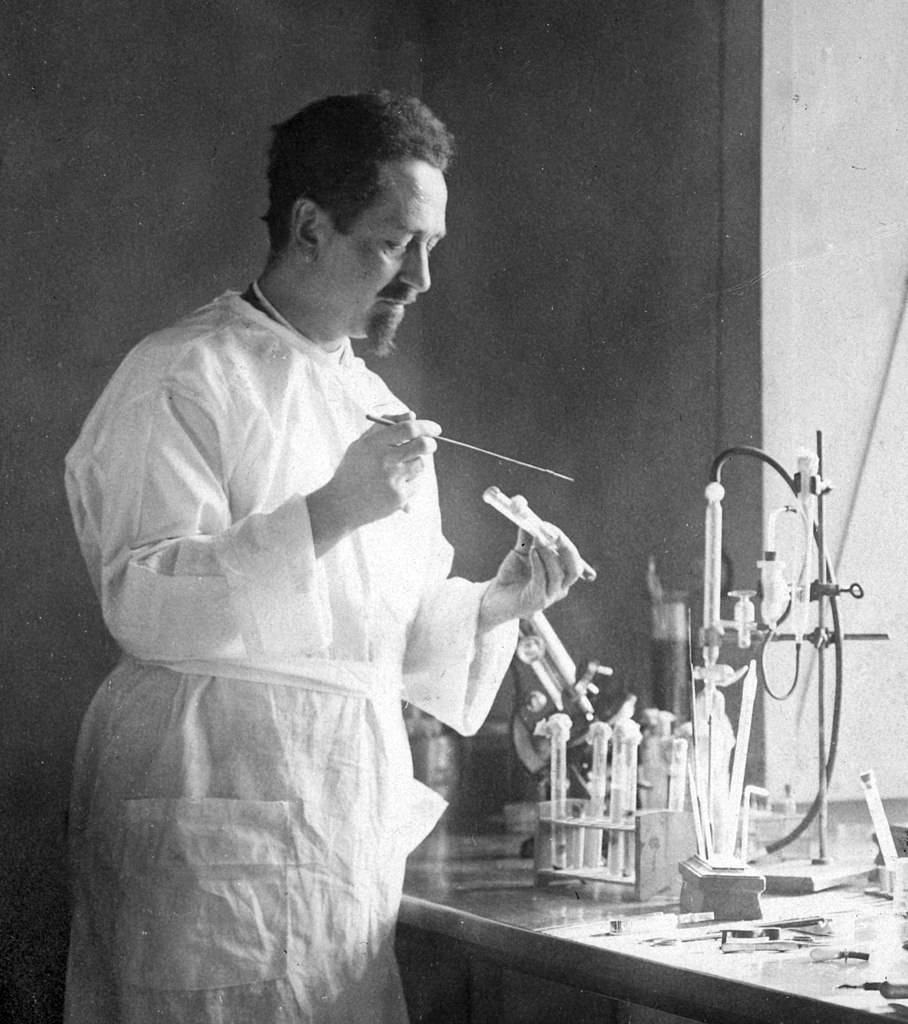
Rudolf Weigl was a Polish biologist and inventor who developed the first effective vaccine against epidemic typhus, a disease that claimed millions of lives, especially during wars and in concentration camps. Weigl’s method involved cultivating the Rickettsia prowazekii bacteria in the intestines of lice, then harvesting and inactivating the bacteria to create the vaccine. His work saved countless lives during World War II and was a significant breakthrough in the fight against infectious diseases.
The contributions of Polish inventors to the world are both vast and varied, spanning the fields of astronomy, chemistry, medicine, mathematics, and beyond. Figures like Nicolaus Copernicus and Marie Curie have not only advanced their respective disciplines but have also changed the way we understand the world around us. Their legacies, along with those of other Polish innovators, continue to inspire and influence current and future generations of scientists, researchers, and inventors worldwide. Poland’s rich history of scientific achievement is a testament to the enduring human quest for knowledge and the relentless pursuit of innovation.



